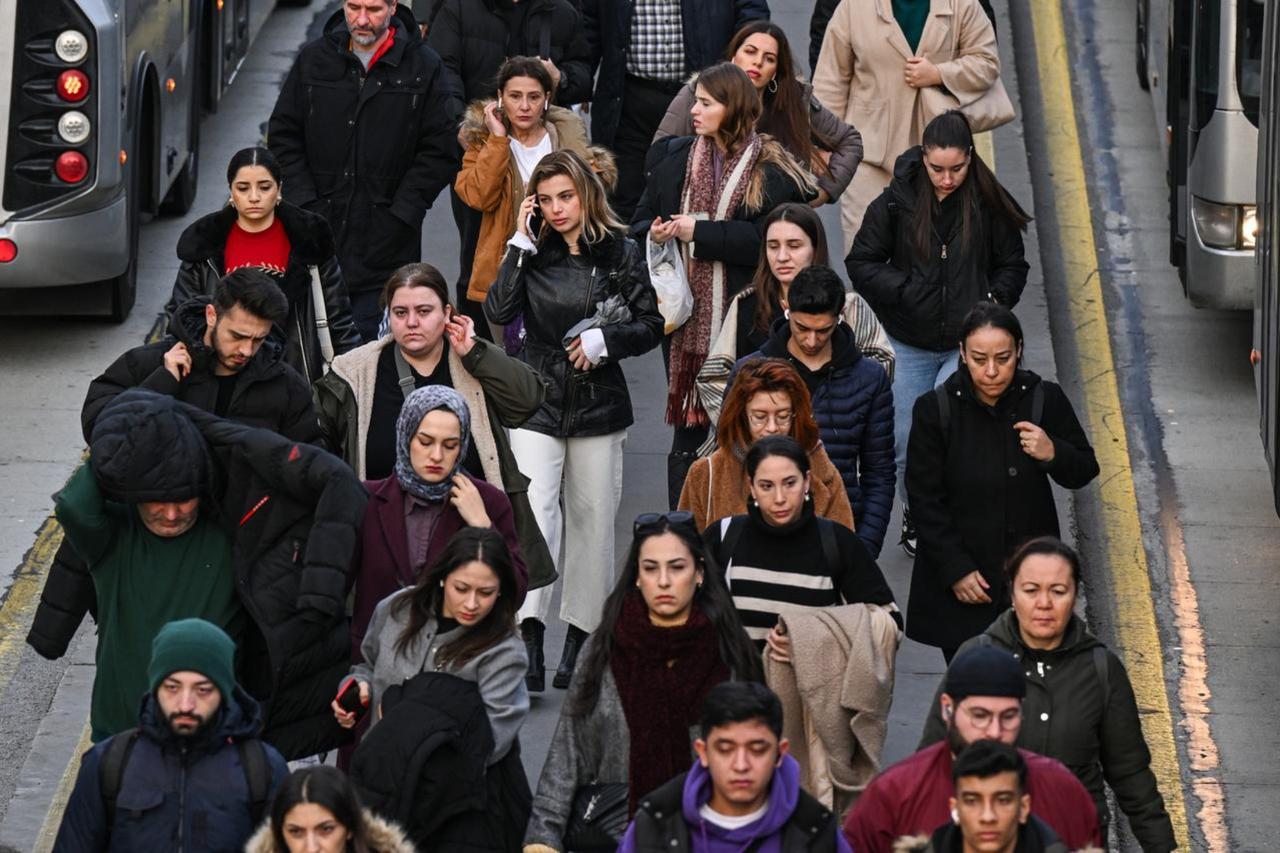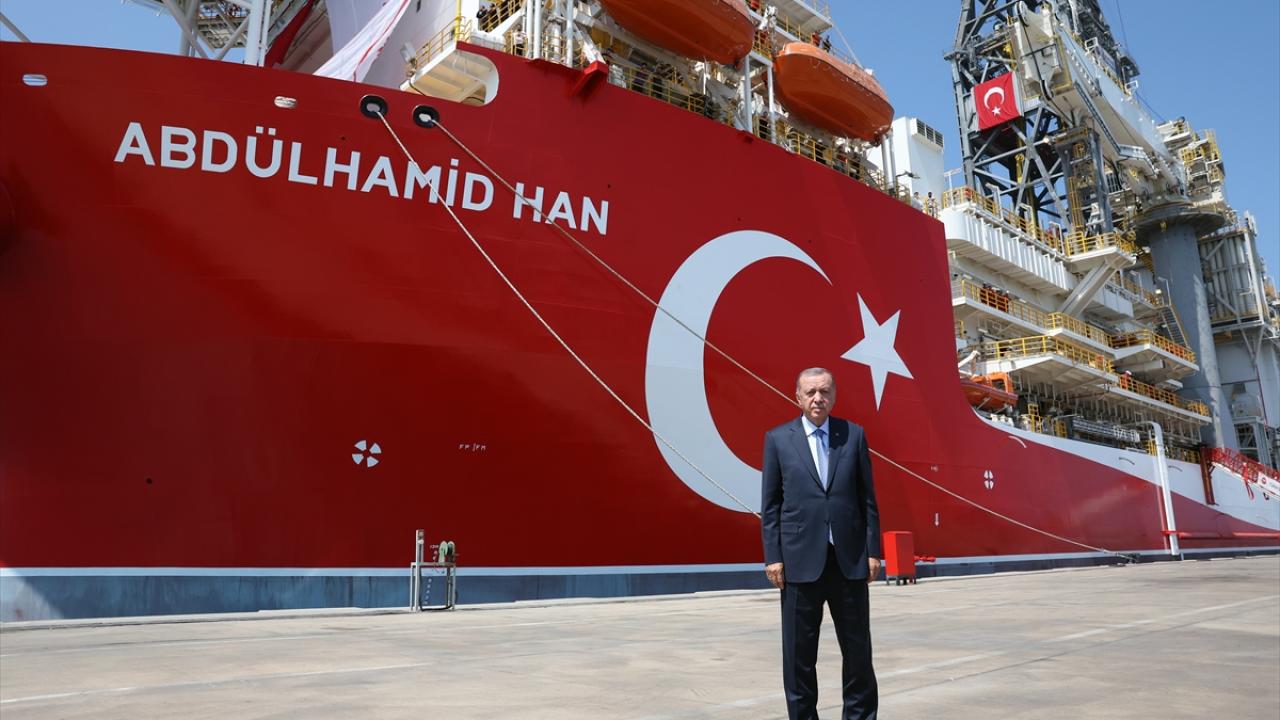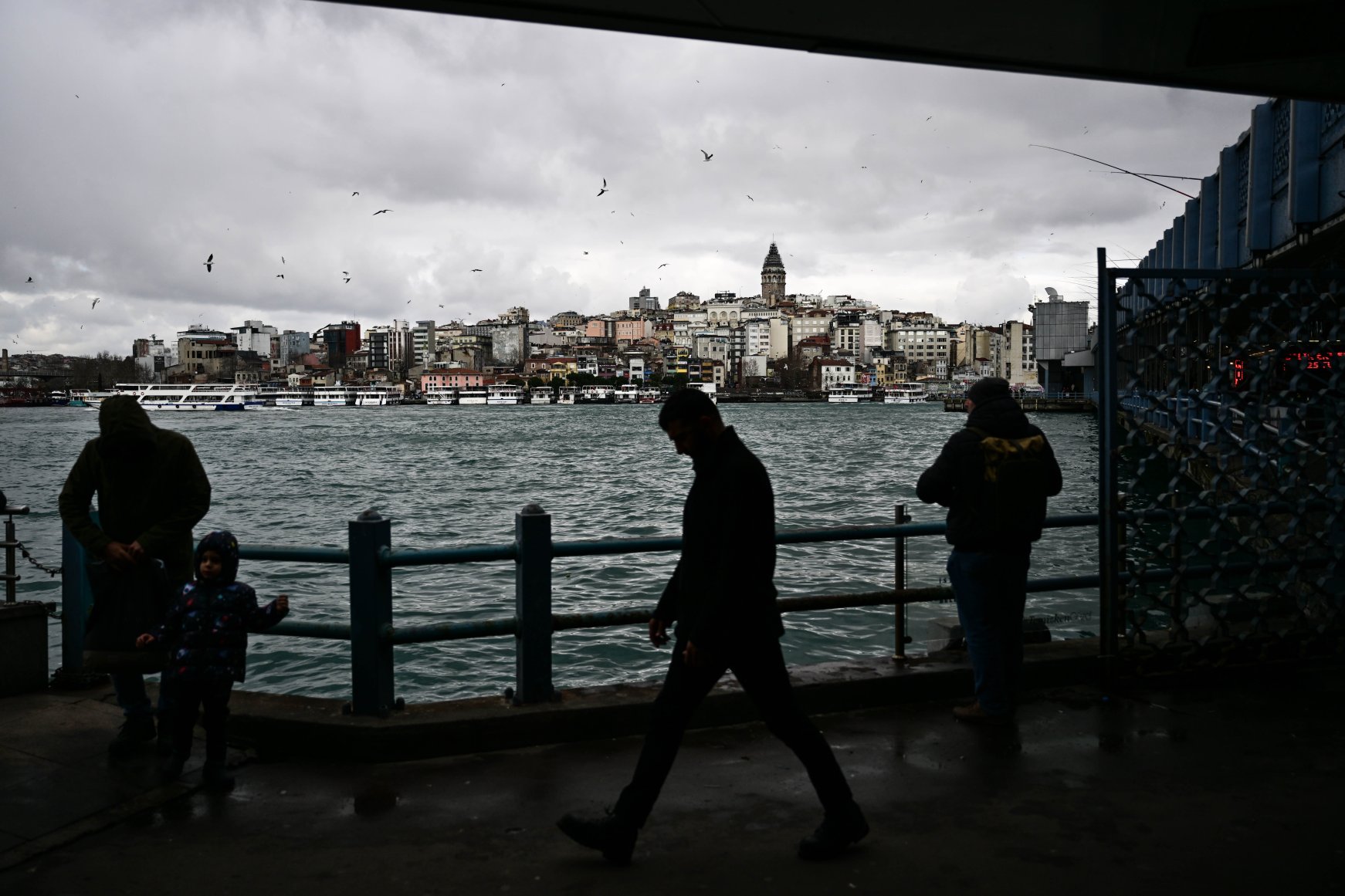
El Salvador’s President Nayib Bukele once framed his anti-gang crackdown in stark terms: the country would take an economic hit in the short run, but by dismantling criminal networks, it would realign the “incentives” of society.
For decades, he argued, the rational choice for young people was to join gangs, extort, or steal, while those who studied or tried to build small businesses faced punishment, harassment or death.
He pointed to the woman selling vegetables in the market: whenever she grew her stall, gangs simply raised her extortion fee. In such an environment, there was little reason to invest, work harder, or expand.
That framing resonates far beyond Central America. In Türkiye, a growing number of citizens openly call for a “Bukele-style” operation, prioritizing security over civil liberties. A recent nationwide survey suggests that most Turks would be willing to sacrifice freedoms for safety.
Regardless of political affiliation, only around 5% believe that graduating from a good university is enough to secure success.
Much like Bukele’s diagnosis, the system leaves few incentives to be productive or law-abiding, reinforcing the demand for a harder security line.
A new survey offers a snapshot of Türkiye’s social mood and political divides, highlighting striking differences in mental health and outlook between government and opposition supporters. One in five voters who identify with the opposition Republican People’s Party (CHP) reported using antidepressants in the past year, compared to much lower figures among Justice and Development Party (AK Party) supporters.
The data illustrated how political affiliation continues to shape not only views on governance but also personal well-being.

When asked about the most promising development for Türkiye in the next five years, answers split along party lines. CHP voters overwhelmingly pointed to a change in government as the primary hope.
For AK Party supporters, however, the defense industry emerged as the most significant driver of optimism, even ahead of economic recovery.
The prominence of the defense sector underscores how President Recep Tayyip Erdoğan’s emphasis on military technology and strategic autonomy has resonated with his base.
From drones to naval platforms, Ankara’s defense breakthroughs are increasingly tied to national pride and are seen as proof of self-sufficiency in a turbulent region.
Respondents were also asked to rate the morality of Turkish society on a scale from one to 10. The average score was just 2.6, reflecting deep cynicism about collective ethics. Yet, when asked to evaluate their own morality, respondents gave themselves an average score of 7.24 out of 10.
This paradox, low trust in others but high confidence in personal integrity, illustrates a widening perception gap.
Much like findings in IQ surveys where people rate themselves above average, the results suggest that Turks view themselves as exceptions in a society they broadly distrust.

The most troubling data came from young respondents. Nearly four in ten young people said they agreed with the statement, “I wish I had never been born.” Among those under 18, 36.4% agreed, while the figure rose to 38.9% among 18–24-year-olds.
These numbers underscore a profound sense of despair among the younger generation. Many report finding little meaning in life and express limited confidence in the future. The findings go beyond partisan divides, pointing to deeper structural and societal challenges that politics alone cannot explain.
When asked if they were hopeful about Türkiye’s future, a majority of AK Party voters (52.7%) said yes. Among CHP voters, only 17.8% expressed optimism. The stark contrast reflects not only polarization but also how political identity directly influences perceptions of national direction.
This divide has implications for social cohesion. A large portion of the electorate, nearly half of society, feels alienated and devoid of hope for the future. Analysts warn this gap could further erode trust in institutions and complicate efforts at reconciliation.
Another notable finding concerns perceptions of success. Respondents were asked to identify the most important factor for getting ahead in Türkiye. Across both AK Party and CHP supporters, “torpil”—a colloquial term for nepotism or personal connections—ranked far higher than hard work or education.
These numbers suggest widespread disillusionment with meritocracy. For young people working toward competitive university entrance exams, the perception that connections matter more than performance could deepen frustration and feed into the broader sense of despair.
Taken together, the survey highlights the fragile state of Türkiye’s social fabric. Antidepressant use is rising among opposition supporters, youth are voicing unprecedented levels of despair, and trust in collective morality is at historic lows.
At the same time, government supporters remain anchored by confidence in the defense industry and national projects, even as economic concerns persist.
The findings underscore how politics in Türkiye has become a key determinant of hope, identity, and even mental health.
Yet beyond partisan divides, the broader trends—youth alienation, declining belief in fairness, and moral distrust—point to systemic challenges that will continue to shape the country’s trajectory in the years ahead.